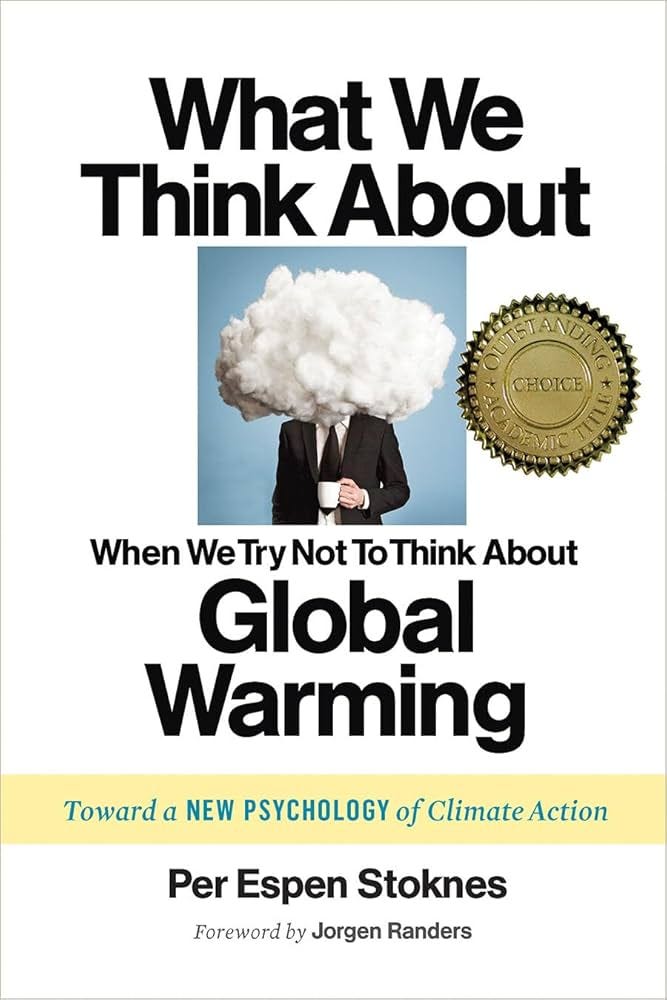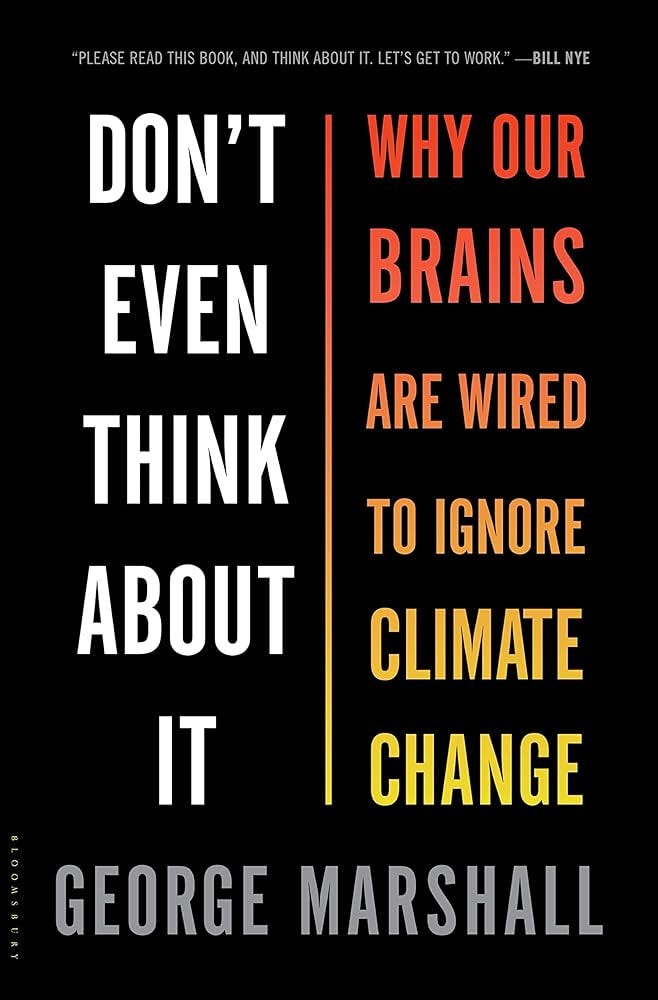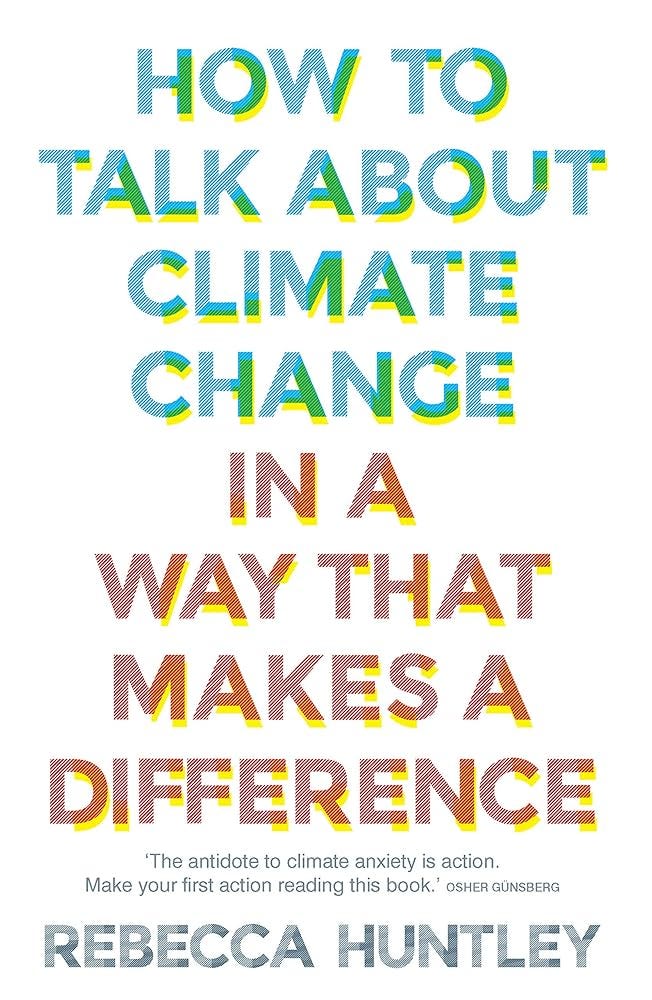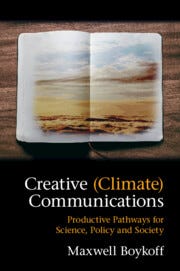How to talk about climate change
Welcome to a new platform, a new name, and a new mission
Hello friends,
Things are looking a little different over here these days. Meg and I are excited to have moved The Climate Tech Marketer newsletter over to Substack, where it has also gone through a rebrand and a name change.
We’re now The Climate Communicator, and we’re broadening our horizons to talk about something we’re incredibly passionate about: how to communicate about climate change without becoming part of the problem.
It’s actually a pretty tricky area. The things you’d think would work — facts, emotional appeals, the grandchildren card — tend to backfire. Climate change has this incredible ability to get people riled up and on the defensive in a matter of minutes.
Climate tech marketing is one slice of the bigger picture here. It’s critical that we get the messaging and education right for these necessary climate solutions. It’s a subject close to our hearts, and we’ll still be writing about it here.
However, going forward, we’ll also be using this newsletter to talk about best practices for corporate climate communications, how governments can improve climate education and solutions adoption, and even how you, as a human being at the dinner table, can talk about climate change with an unhinged uncle.
If that’s not what you signed up for, no hard feelings if you’d prefer to unsubscribe.
However, if you’re curious about how all of us can become better climate communicators, then we’re keen to take this next step with you.
Keep an eye out for next week’s newsletter, and in the meantime, here are a few of our favourite book recommendations on the psychology of climate change.
Probably the foundational text for all that came after it. A must-read for anyone in the climate space.
Fascinating exploration into the psychology of climate denialism. More on that in another newsletter, but it’s really worth the read.
Katharine Hayhoe is the perfect messenger for this book that lays out a compelling case for the fact that when it comes to climate change, the messenger often matters more than the message.
Good info but lots of overlap with Saving Us and What We Think About, so we recommend starting with those two first.
More dense than the rest but there’s some really, really good stuff in here.








